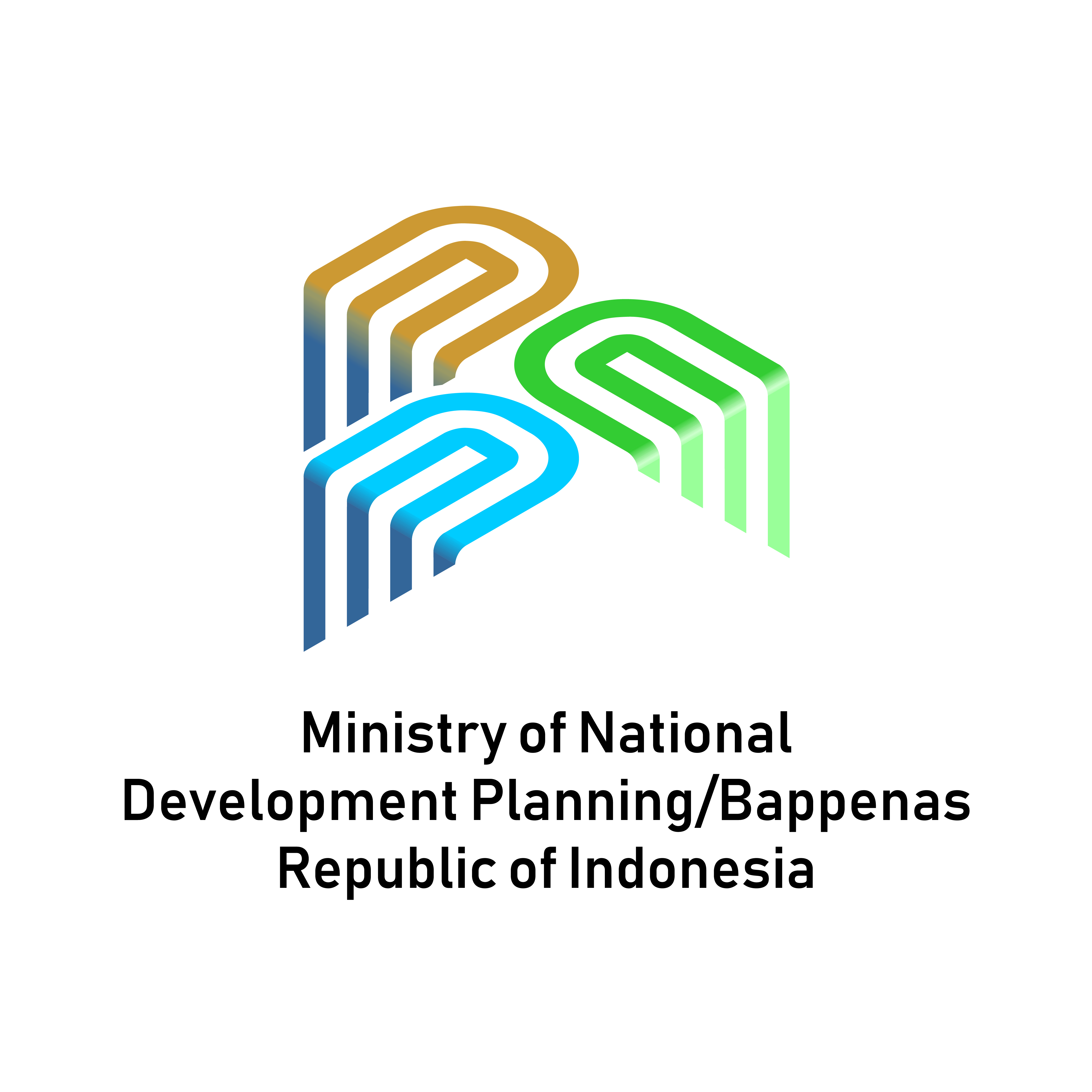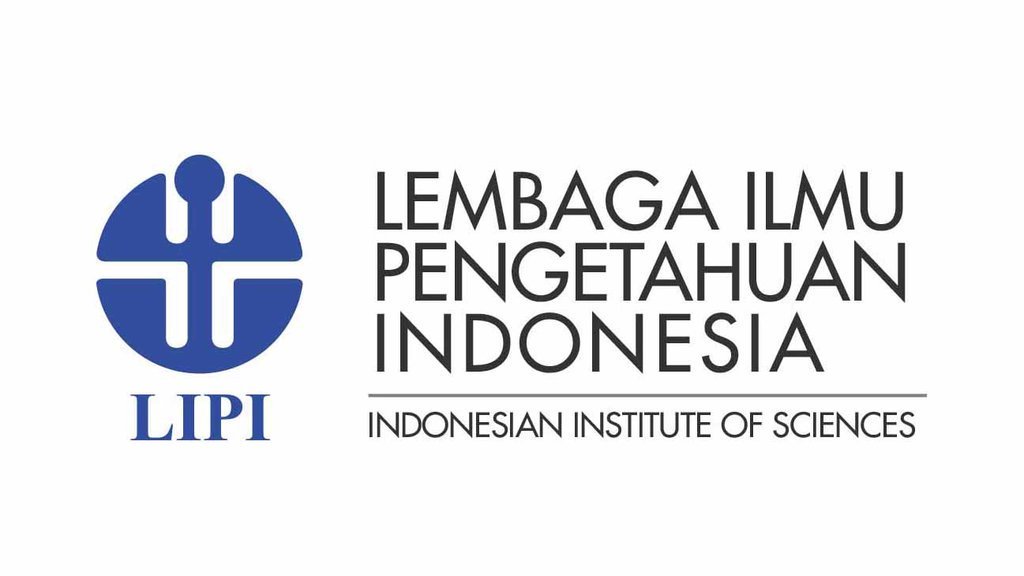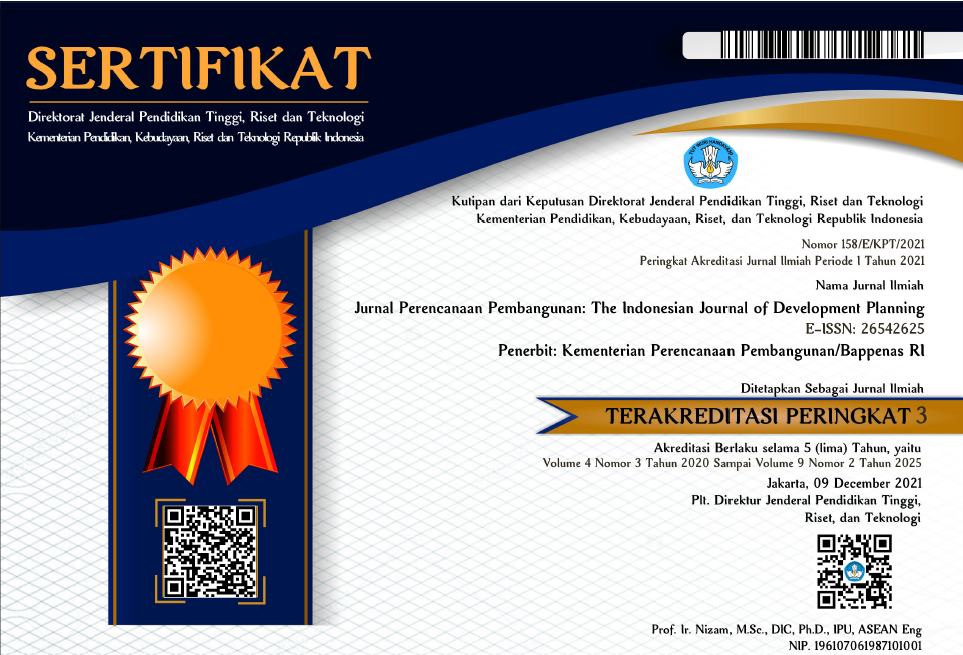The Role of Parliament in Sustainable Development Goals: A Case Study of Southeast Asia in International Parliamentary Forums
DOI:
https://doi.org/10.36574/jpp.v5i1.173Keywords:
sustainable development goals/SDG, parliament, role, Indonesia, Malaysia, SingaporeAbstract
Parliament has its role in supporting Sustainable Development Goals (SDG). SDG number 16 on peace, justice, and strong institution states one indicator of a legislative institution (for “responsive, inclusive, participatory and representative”, that the Inter-Parliamentary Union (IPU) commits to achieve. However, parliament must support the government in achieving all SDG programs as stated in Agenda 2030. What is the role of parliament in this and how to achieve it? This paper aims to show that the role of parliament in SDG is beyond the traditional legislative role of legislating, budgeting and overseeing the government, but more on representing people, meaning channeling people’s voice at the global forums, notably the parliamentary forums discussing sustainable development issues. The cases used in this paper are Southeast Asian parliaments, notably Indonesia, Malaysia, and Singapore. The paper uses four cases of parliamentary gatherings: the World Parliamentary Forum on Sustainable Development Goals in 2017-2019 (3 meetings) that Indonesian parliament organized and the 10th Asia-Europe Parliamentary Meeting (ASEP) in 2018 that the European Parliament organized, where parliaments of Indonesia, Malaysia and Singapore were attended. The study shows that the parliaments still focus much on secondary sources for gathering information, that is from the government, senior policymakers, and international agency personnel to support SDG, rather than bringing the constituents’ voices on these forums. The case also shows that personalized politics still exist from the Indonesian parliamentary side –and not so obvious from the Malaysian and Singaporean sides. This may serve as a base for further study of whether the parliamentary system works better than the presidential system. The parliamentary system emphasizes more on the constituent background, while the presidential one states the members’ political party affiliation.
Downloads
References
Adiputri, Ratih (2015) Political Culture in the Indonesian Parliament: analyzing parliamentary debates on the regional parliaments 1999-2009, Doctoral Dissertation of the University of Jyväskylä. Available from https://jyx.jyu.fi/handle/123456789/46557
Aspinall, Edward (2014) Parliament and Patronage. Journal of Democracy, Volume 25, Number 4, October 2014, pp. 96-110.
Beyme, Klaus von. (2006). Political Institutions – Old and New. In The Oxford Handbook of Political Institutions, edited by R.A.W. Rhodes, Sarah A. Binder, and Bert A. Rockman. Oxford: Oxford University Press. pp. 743- 757.
Carey, John M. (2006) Legislative Organization, in The Oxford Handbook of Political Institutions, edited by R.A.W. Rhodes, Sarah A. Binder, and Bert A. Rockman. Oxford: Oxford University Press. pp. 431-454.
European Parliament (2018) Information on ASEP10, available in https://www.europarl.europa.eu/asep10/en/home.html, accessed on 27 September 2018, updated on 17 March 2021.
Hassan, S., Hed, Norhafiza. & Kamilan, I. (2021) Parliamentary reforms and Sustainable Development Goals (SDG): the way forward for an inclusive and sustainable parliament, The Journal of Legislative Studies, pp….
KSAP (2017) Information on WPFSD 2017, link: http://ksap.dpr.go.id/pfsd2017/index, accessed 17 March 2021.
KSAP (2018) Information on WPFSD 2018, link: http://ksap.dpr.go.id/pfsd2018, accessed 17 March 2021.
KSAP (2019) Information on WPFSD 2019, link: http://ksap.dpr.go.id/pfsd2019, accessed 17 March 2021.
Palonen, Kari (2014) The Politics of Parliamentary Procedure: The Formation of the Westminster Procedure as a Parliamentary Ideal Type. Opladen: Barbara Budrich Publishers.
Rhodes, R.A.W. (2006) Old Institutionalism in The Oxford Handbook of Political Institutions, edited by R.A.W. Rhodes, Sarah A. Binder, and Bert A. Rockman. Oxford: Oxford University Press. pp. 90-108.
Rules of Procedure of Asia-Europe Parliamentary Partnership Meetings. (2006). Asia-Europe Meeting, available from the ASEP10 website https://www.europarl.europa.eu/asep10/en/documents.html, accessed 27 September 2018.
Sanders, Eizabeth. (2006) Historical Institutionalism in The Oxford Handbook of Political Institutions, edited by R.A.W. Rhodes, Sarah A. Binder, and Bert A. Rockman. Oxford: Oxford University Press. pp. 39-55.
Sherlock, Stephen. (2010) The Parliament in Indonesia’s Decade of Democracy: People’s Forum or Chamber of Cronies? in Problems of Democratization in Indonesia: Elections, Institutions, and Society, edited by Edward Aspinall and Marcus Mietzner. Singapore: ISEAS. pp. 160-178.
Shugart, Matthew S. (2006) Comparative Executive-Legislative Relations in The Oxford Handbook of Political Institutions, edited by R.A.W. Rhodes, Sarah A. Binder, and Bert A. Rockman. Oxford: Oxford University Press. pp. 344- 365.
Slater, Dan (2010) Ordering Power: Contentious Politics and Authoritarian Leviathans in Southeast Asia. Cambridge: Cambridge University Press.
The Jakarta Post. (2019). Indonesia showcasing SDG strategies to the world, The Jakarta Post, 27 August 2019, https://www.thejakartapost.com/news/2019/08/27/indonesia-showcasing-sdg-strategies-world.html, accessed on 4 March 2020.
UNGA or United Nations General Assembly. (2015) Transforming our world: the 2030 Agenda for Sustainable Development. Seventieth Session 21 Oct 2015. A/RES/70/1.
Downloads
Published
How to Cite
Issue
Section
License
This is an open-access article distributed under the terms of the Creative Commons Attribution-NonCommercial-ShareAlike 4.0 International License. Copyright © Kementerian PPN/Bappenas RI


















